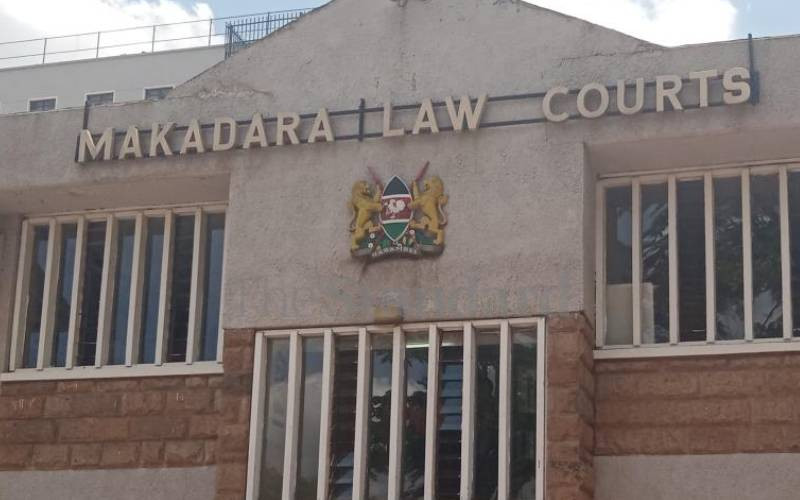×
The Standard e-Paper
Smart Minds Choose Us

The Gospel of Matthew advises citizens to resolve disputes with their adversaries before being handed over to judges who may throw them into prison.
With prison congestion, family wrangles, and business disputes escalating, former Chief Justice David Maraga launched the Alternative Justice System (AJS) on August 26, 2020.